There are multiple species of bees and wasps in Australia and around the world. They are a hardworking bunch of insects that stem to be part of a flourishing ecosystem.
Most of the time, bees are our hyperactive helpers, however, some of us don’t fare well when we get on the wrong end of a bee’s stinger. Also, you should make sure that you aren’t dealing with a nest of their more aggravated cousin – the wasp!
While some wasp colonies can serve a purpose to nature by pollinating your flowers, some can be parasitic and a large, overactive or, more importantly, an aggressive wasp nest may cause a nuisance or concern to your home and garden.
So, here are some tips for how you can keep these assiduous armies in check naturally:
- Consider an insect removalist.
- Shield potential food sources or remove them entirely.
- Make sure the house is in proper shape and get repairs fixed ASAP
- Be selective with the type and the location of plants in your garden.
1. Consider an insect removalist:
When it comes to a wasp nest infestation, it is best not to handle it yourself. Enlisting the closest professional of bee removal in Melbourne is usually a much better, easier and safer alternative.
Moreover, you have less risk of stings, caused by aggression. If a nest causes you concern, keep your kids and pets away until it is removed.
By seeking out a professional, you can gain some knowledge about which type of wasp you are dealing with, and they can be safely relocated without having to be exterminated.

2. Shield potential food sources or remove them entirely:
I know what you may be thinking, particularly if you or a family member has a reaction to their sting — “they’re pests, kill them all!” So why would knowledge of the species do any good?
Certain species of wasps are indeed pollinators, and, as a result, are attracted to nectar and sugars.
Therefore, if you are entertaining, don’t keep those such as sugary desserts and drinks uncovered or out in the open air, as many wasp colonies will build their nest close to their intended food source, so this would be easily accessible and make you susceptible to a large swarm.
Through understanding this knowledge of how to deter them naturally by eliminating potential food sources, you can keep them away from your home much more easily and prevent them from becoming a further problem.
3. Make sure the house is in good shape and get repairs fixed ASAP.
When it comes to avoiding wasps, make sure your house is in good condition and to have any necessary faults repaired as soon as possible.
Different wasp species can do damage to your home if they are given the chance to build a nest and depending on their nesting habits. In Australia, the European wasp is a common pest.
According to Monash Council, “You can find nests in the ground, in rubbish heaps and at the bottom of trees and shrubs. You can also find them under the eaves of houses.”
So make sure to do a clear search of your property. The best time is in spring when the nest is new and hasn’t been fully established, as by summer a full colony can have formed.
- Be selective about the types of plants in your garden and their location.
When you want to deter wasps naturally from your home and garden, sometimes-adding nature to your yard can help.
Wasps, much like us, are often attracted to fragrant scents. Therefore, plant these plants as while those such as lemongrass and eucalyptus may be pleasant to our noses, they are scents that wasps don’t like to hang around. Be sure to plant them far enough away from the house.
Now, there are some tips for how you can keep annoying and parasitic wasps away from your home and out of your garden. Here’s to a good year without the buzz.
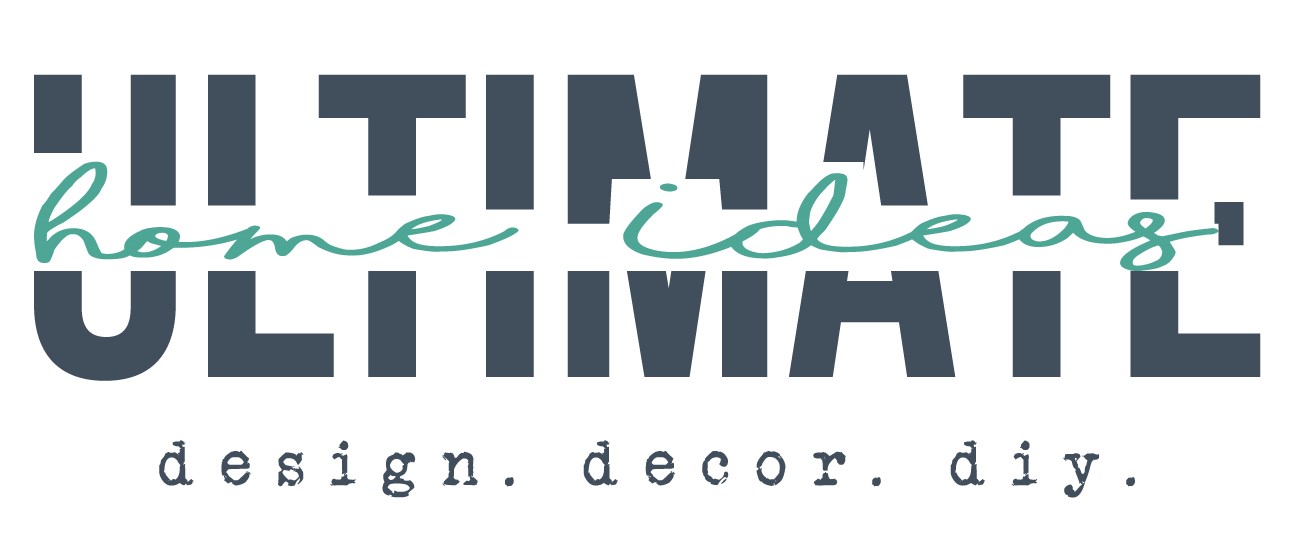




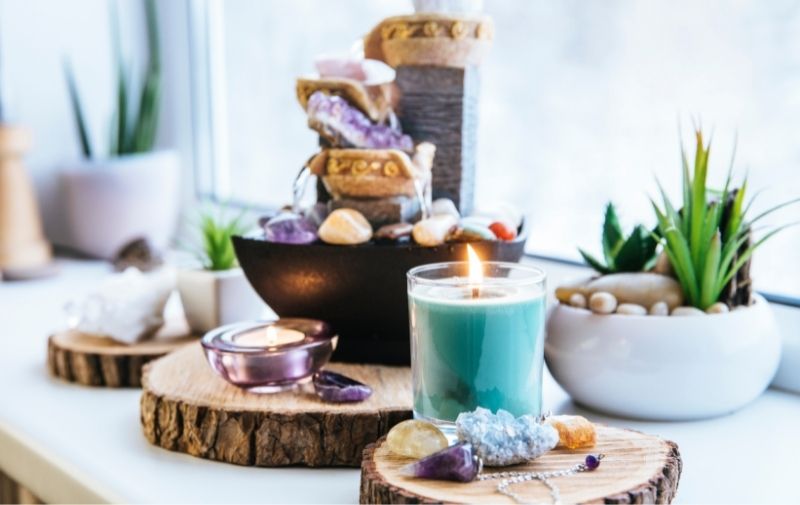

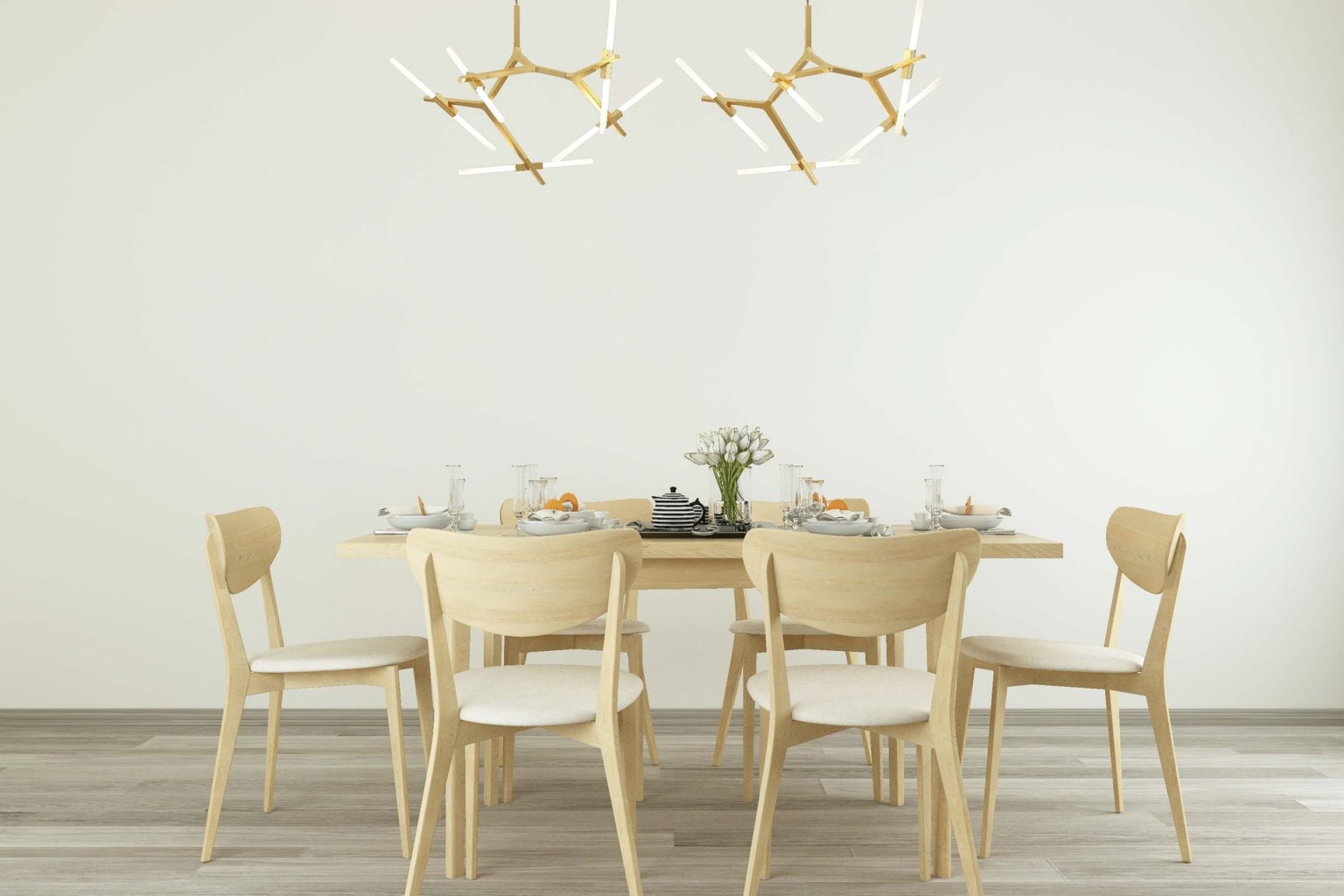

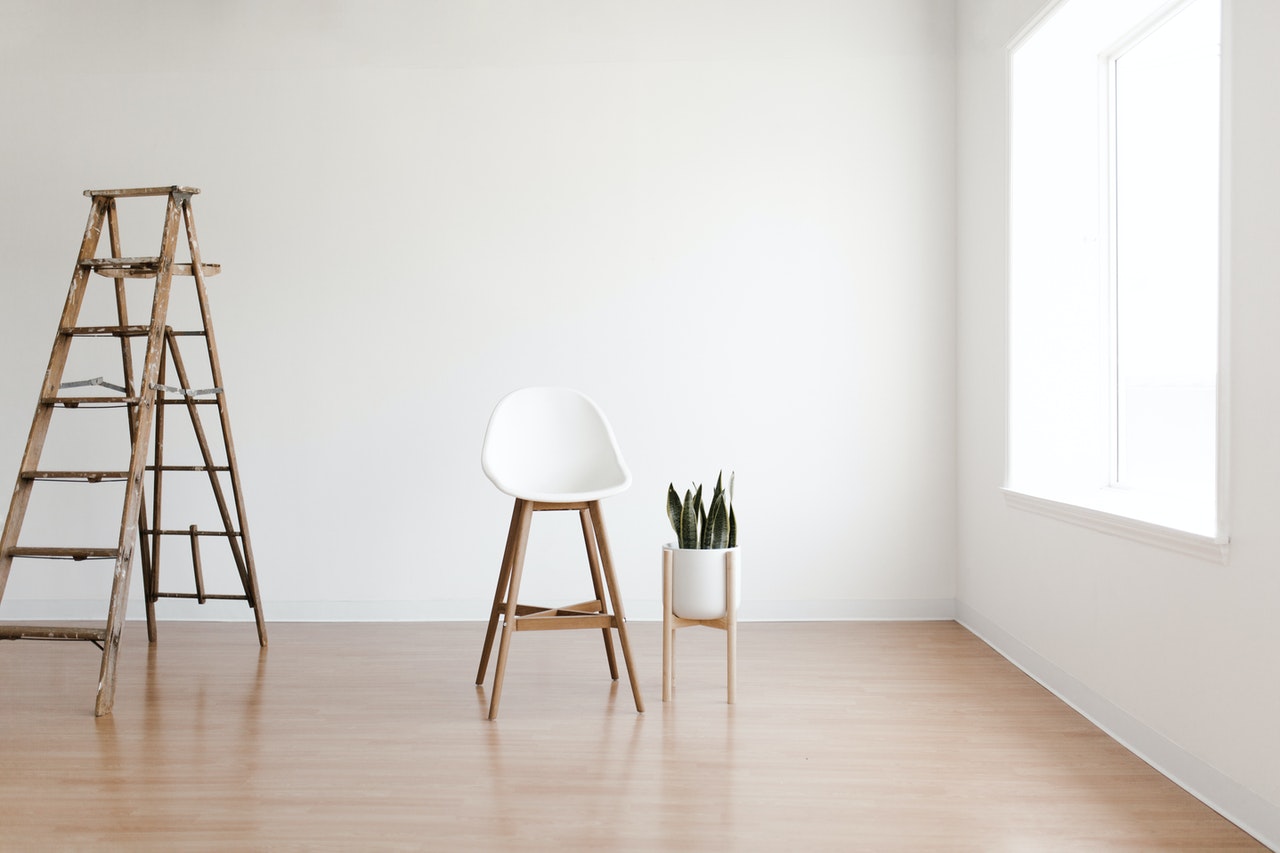
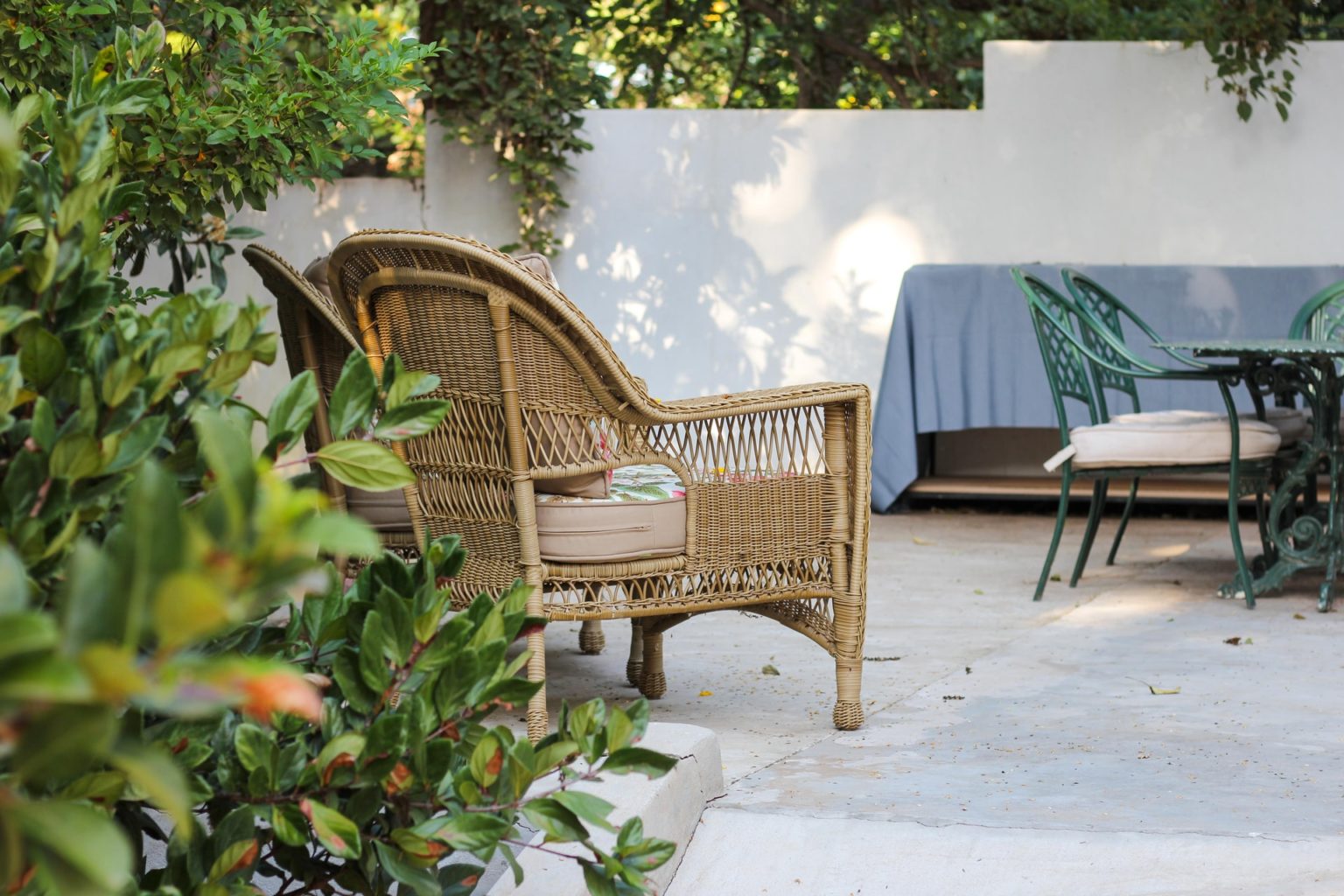
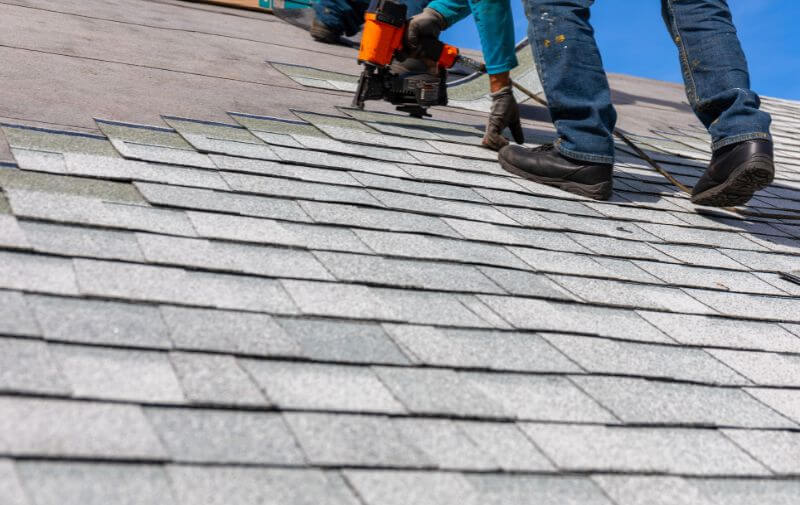
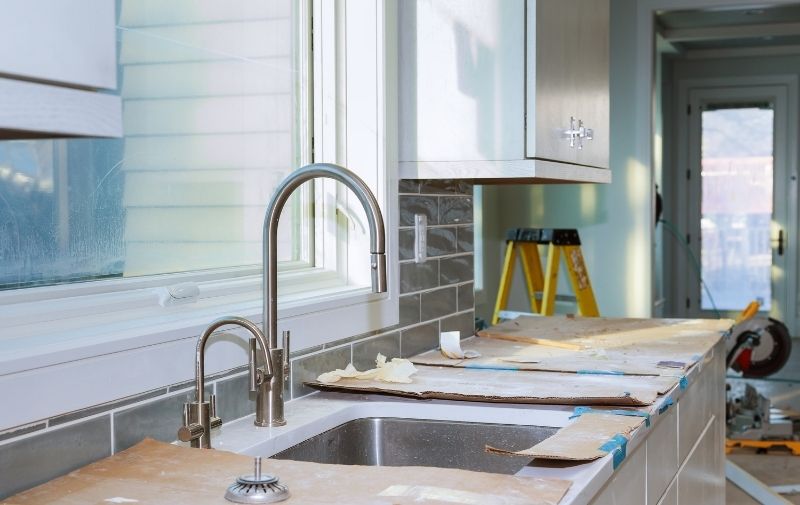

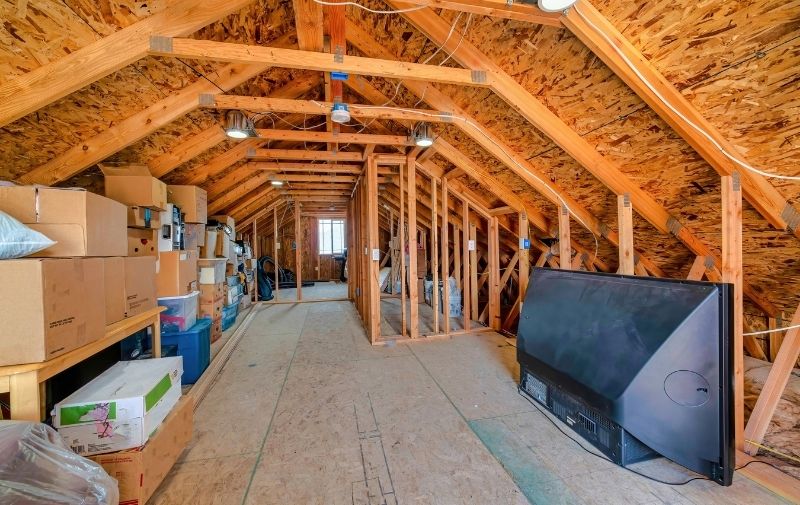
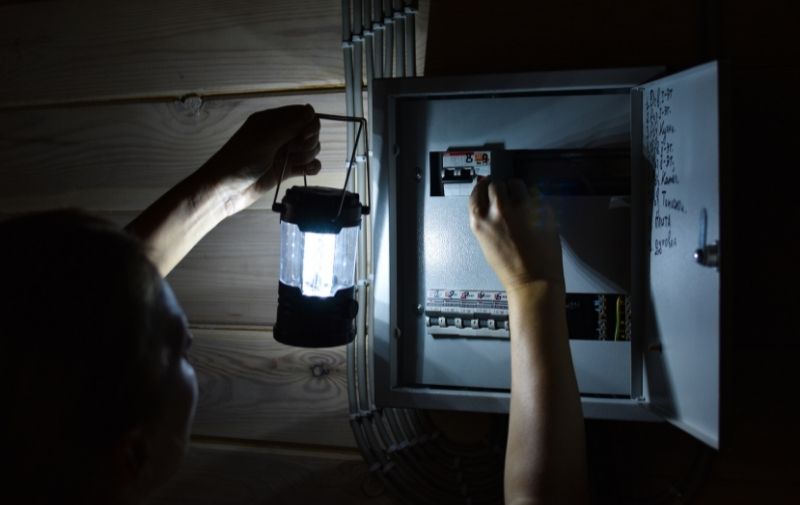
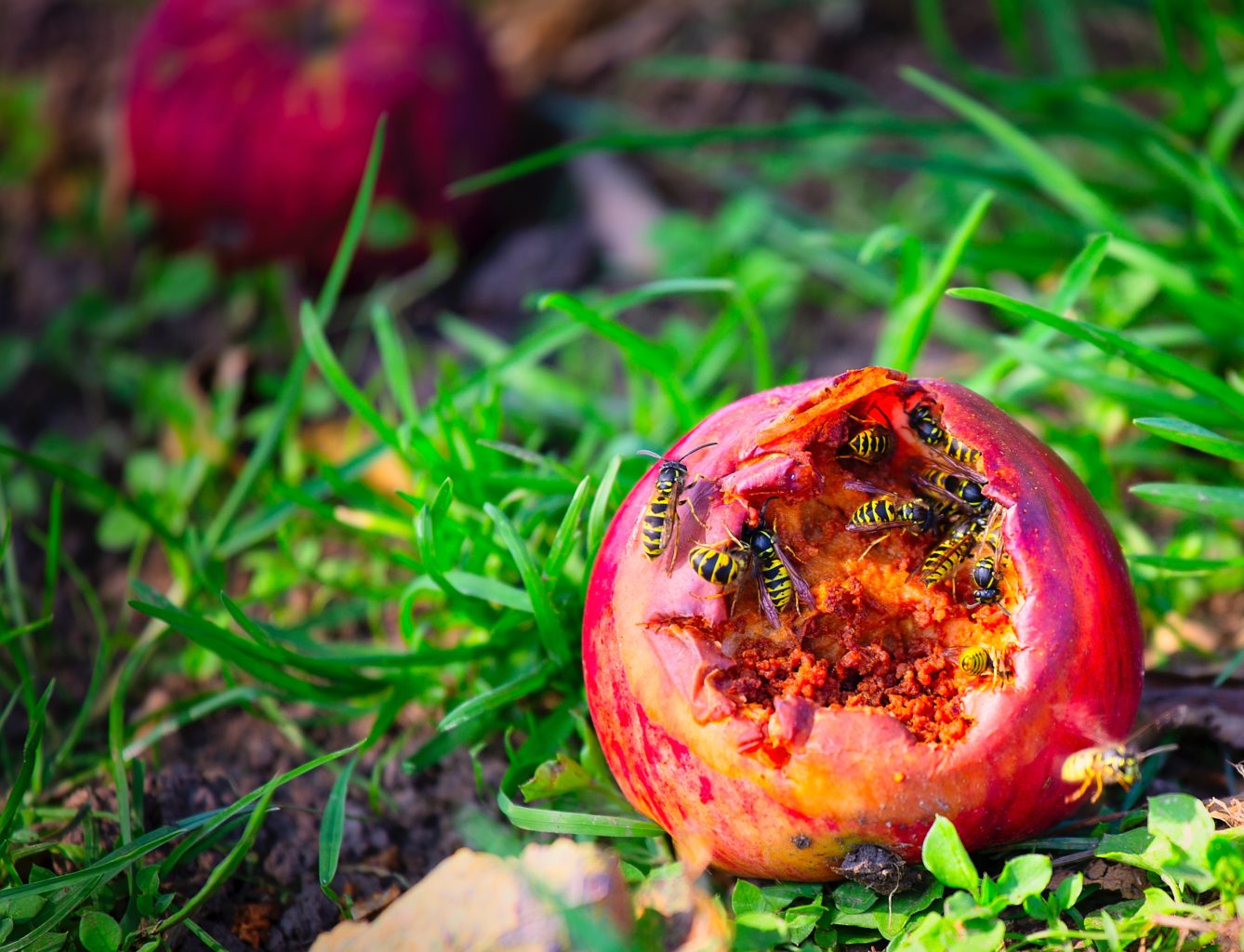


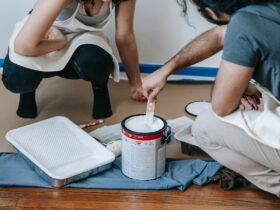

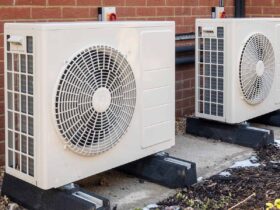
Leave a Reply